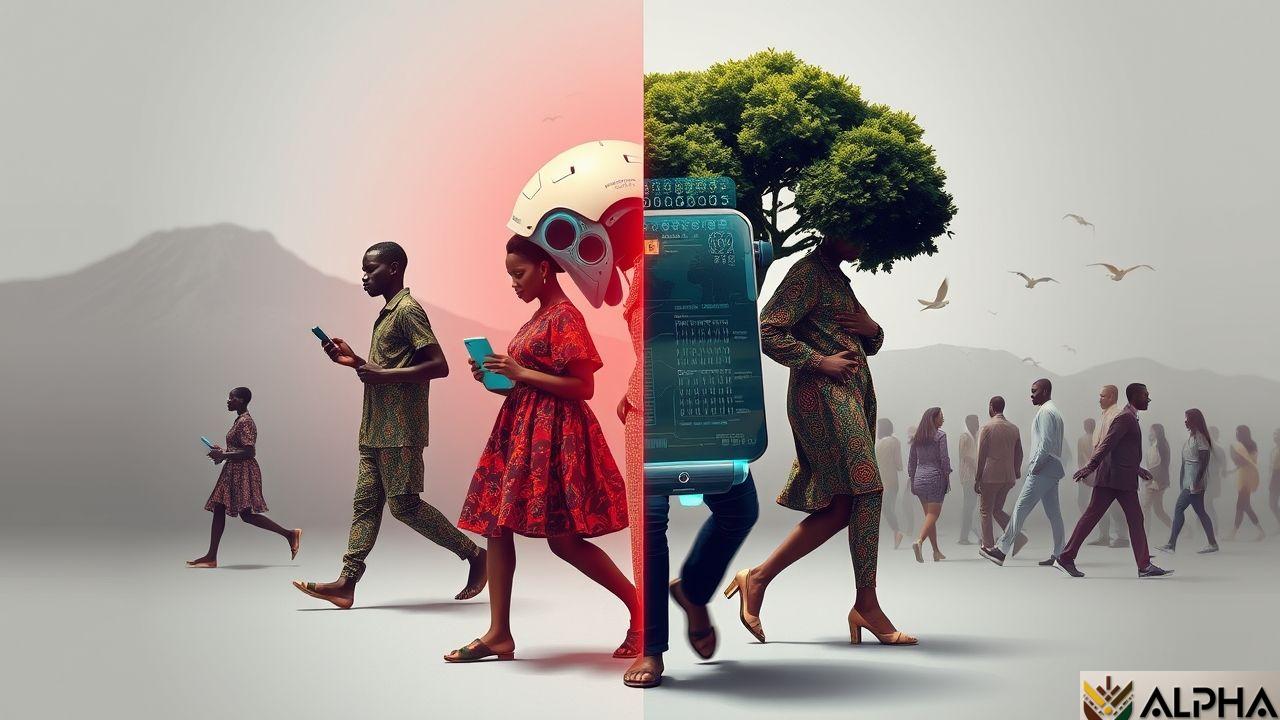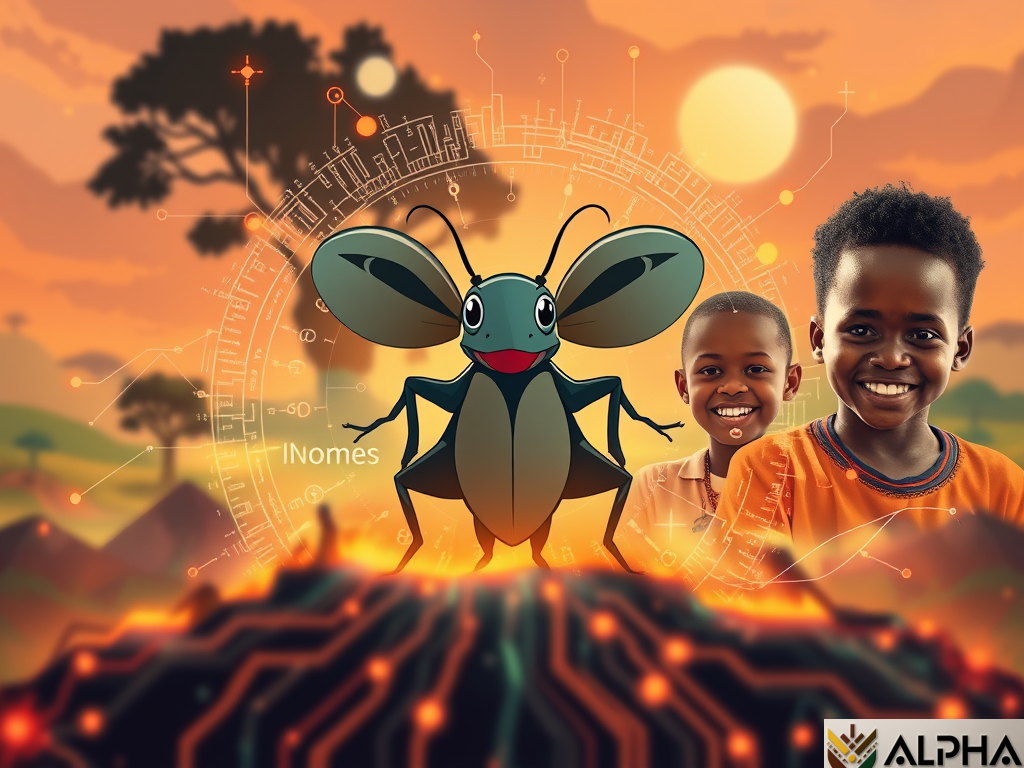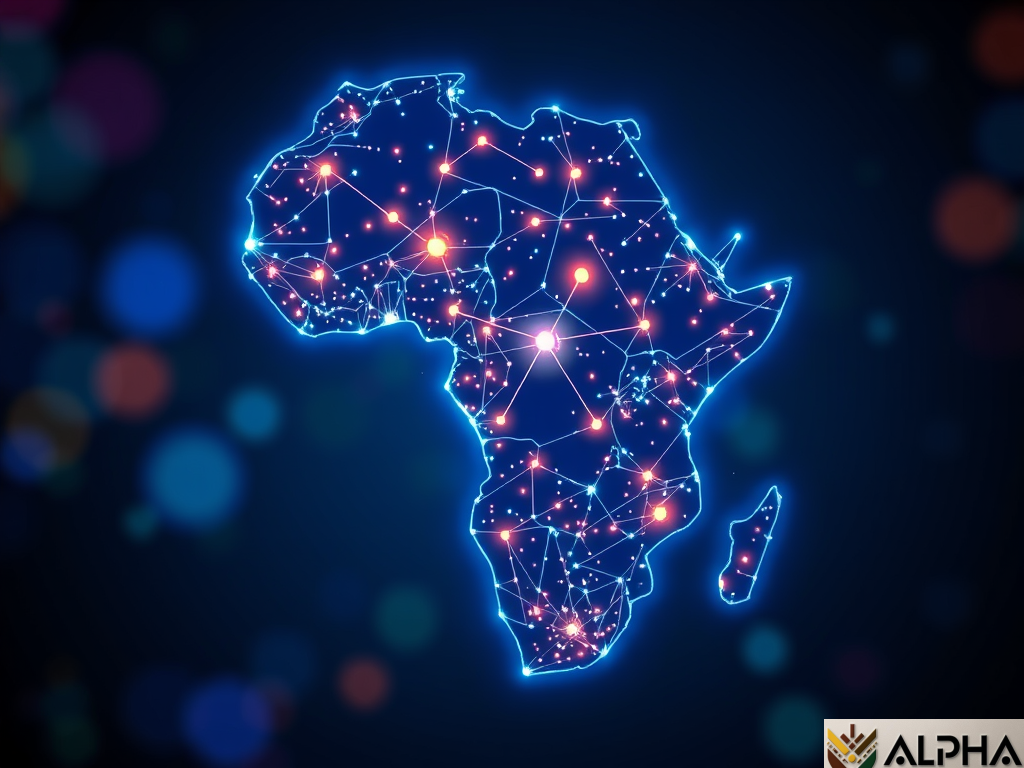Navigating the AI Revolution in Africa: A Double-Edged Sword
Navigating the AI Revolution in Africa: A Double-Edged Sword
Artificial intelligence (AI) presents a paradox for Africa: a powerful tool for development, yet fraught with potential pitfalls. While AI offers transformative solutions in healthcare, agriculture, and governance, its rapid advancement necessitates careful consideration of its ethical, social, and economic implications.
The Promise of AI for African Development
AI holds immense potential to address some of Africa’s most pressing challenges. Imagine AI-powered diagnostic tools improving healthcare access in remote areas, or precision agriculture techniques boosting crop yields and food security. AI can optimize resource management, improve infrastructure development, and enhance educational opportunities, ultimately driving economic growth and societal progress. The potential is vast, and early adoption could position Africa as a key player in the global AI landscape.
The Risks of Unbridled AI Adoption
However, the path to leveraging AI’s benefits is not without considerable risks. Algorithmic bias, a pervasive issue in AI systems trained on biased data, can perpetuate existing inequalities and injustices. This is particularly concerning in Africa, where historical and societal biases are deeply entrenched. Furthermore, data privacy concerns, the potential for job displacement, and the misuse of AI for surveillance or manipulation pose significant threats.
- ✓ Algorithmic bias perpetuating existing inequalities.
- ✓ Data privacy violations and lack of data protection.
- ✓ Job displacement and the need for reskilling initiatives.
- ✓ Misuse of AI for surveillance and social control.
Mitigating Risks and Fostering Responsible AI Development
To harness AI’s potential while mitigating its risks, a multi-faceted approach is crucial. This includes:
- Developing robust data governance frameworks to ensure fairness and transparency.
- Investing in AI education and skills development to create a workforce equipped to handle the technological changes.
- Promoting ethical AI guidelines and standards to guide development and deployment.
- Fostering international collaboration and knowledge sharing to address common challenges.
Points to Remember
- AI offers tremendous potential for African development.
- Algorithmic bias, data privacy, and job displacement are significant risks.
- Responsible AI development requires robust governance, ethical guidelines, and skills development.
- International collaboration is vital for addressing the challenges.
Share this content:














Laisser un commentaire